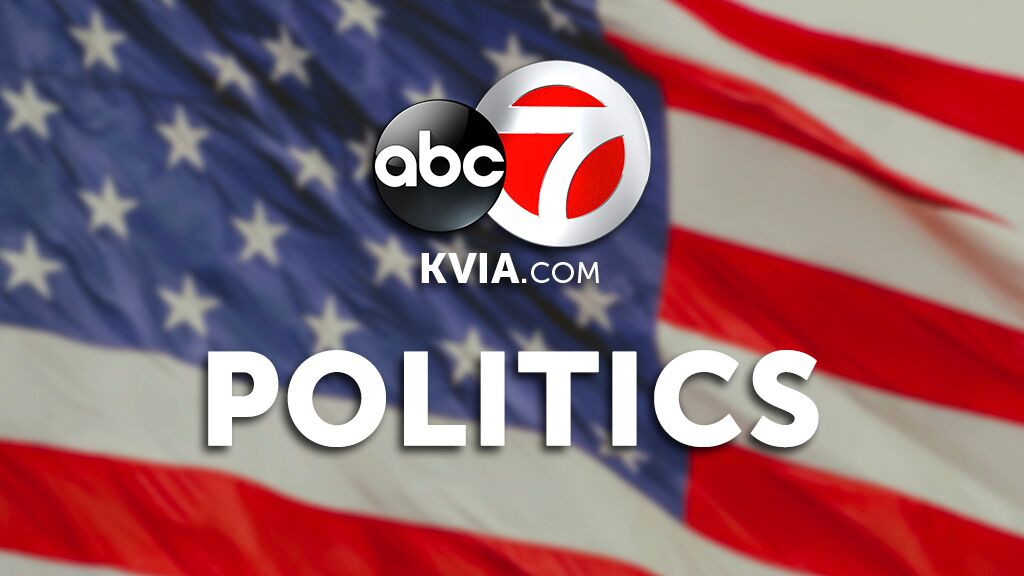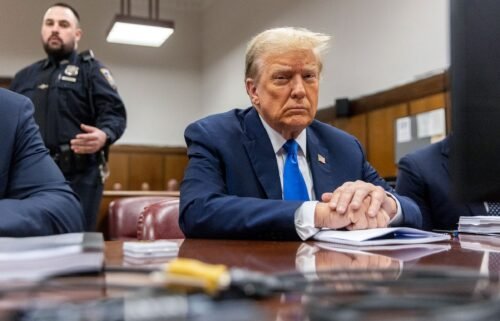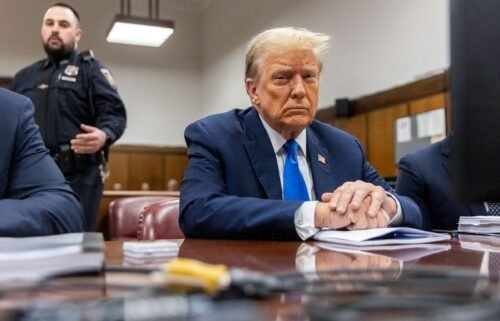Key senators to watch on infrastructure negotiations

As discussions over President Joe Biden’s infrastructure proposal ramp up, Democrats and Republicans remain at odds over the scope, size and potential price tag of any plan, in addition to how to pay for it.
Democrats say they are willing to compromise and negotiate but won’t water down a key legislative priority, while Republicans argue the plan put forward by the President constitutes a liberal wish list and an overreach.
A bipartisan group of 20 senators has been in talks over how to reach consensus and the White House has been engaged in outreach across the aisle. But it remains unclear whether and, if so, how, bipartisan consensus can be achieved, despite both sides agreeing that an investment in the nation’s infrastructure is badly needed.
Here are some of the key senators to watch as negotiations over infrastructure unfold:
Joe Manchin
Democratic Sen. Joe Manchin of West Virginia wields outsized influence in the Senate and is already playing an important role in the debate over an infrastructure package.
Democrats control the narrowest possible majority in a Senate with a 50-50 partisan split and Vice President Kamala Harris able to break ties. As a result, every vote carries significant weight, and as one of the most conservative Democrats in the Senate, Manchin is also one of the most willing to buck his party.
If Democrats can’t get enough Republican buy-in to pass an infrastructure bill with 60 votes, they will likely try to pass it using a procedure known as reconciliation, which would allow them to advance a package using only Democratic votes. They would, however, need every vote within their caucus for that to be successful.
Manchin has already made clear, though, that he wants to see a bipartisan process and has warned that reconciliation should not be overused. “Reconciliation was never intended to be our main focus or our main vehicle for legislation. That’s not legislating,” Manchin told CNN earlier this month, though he noted, “It has to be used from time to time. I understand that.”
Chuck Schumer
Senate Majority Leader Chuck Schumer is facing pressure from all sides as he works to deliver for his party and Biden on infrastructure with a narrow majority and zero room for error in his caucus.
The New York Democrat will play an important role in determining how to move infrastructure policy forward in the Senate and under what procedural mechanism.
The majority leader has emphasized that he hopes to work with Republicans, but has also stressed that Democrats will move ahead without them if necessary.
“If our Republican colleagues, we welcome them on amendments throughout the bill, but if they don’t see the big, bold need for change in infrastructure and climate that the nation sees and wants and that we see and want, we will have to move forward without them. But our first preference, let’s see if they can work in a bipartisan way,” Schumer told CNN’s John Berman last week.
Chris Coons
Delaware Democrat Chris Coons is a close ally of Biden’s and has been speaking publicly about what a bipartisan push on infrastructure might look like.
Coons appeared along with Republican Sen. John Cornyn of Texas over the weekend on Fox News and discussed the possibility of working to pass on a bipartisan basis a roughly $800 billion package focused on infrastructure priorities that both parties agree on. The other parts of Biden’s plan could then potentially pass with just Democratic support through reconciliation.
“I think that if we come together in a bipartisan way to pass that $800 billion hard infrastructure bill that you were talking about, that I’ve been urging, then we show our people that we can solve their problems. We’ve all agreed for a long time that we need to invest more in American infrastructure,” Coons said.
John Cornyn
As former Senate Republican whip, Cornyn commands considerable influence within the Senate GOP conference.
The Texan suggested on Fox News that there is a “core infrastructure bill that we could pass with appropriate pay-fors like roads and bridges — even reaching out to broadband, which this pandemic has exposed a great digital divide in the country.”
“We have seen advances in telemedicine. We have seen more people learning online. I think we could all agree to that. But I think that’s the part we can agree on, so let’s do it and leave the rest for another day and another fight,” he said, throwing his weight behind the possibility that Republicans and Democrats could coalesce around some kind of more narrow, core package.
In Senate floor remarks Tuesday, Cornyn said, “There’s bipartisan support for a bill that addresses our most urgent infrastructure needs without tacking on unrelated partisan priorities. As far as the price tag of the bill, I’m not married to a particular number.”
Shelley Moore Capito
As Republicans contemplate how much they would be willing to spend, Sen. Shelley Moore Capito of West Virginia, the top Republican on the Senate Environment and Public Works Committee, suggested during an interview on CNBC last week that a “sweet spot” for a bipartisan deal could come in at $600 billion to $800 billion.
That would be significantly less than Biden has proposed, however, underscoring a major divide over cost. At the end of March, the President unveiled a roughly $2 trillion proposal focused on infrastructure and the climate crisis.
Capito indicated to reporters this week that she and Republican colleagues are hoping to present a top-line alternative to Biden’s infrastructure bill in the coming days.
“You would be able to see a contrast,” she said. “Hopefully by the end of the week,” she said, adding, “We’re just starting.”
Lisa Murkowski
Murkowski is an Alaska Republican with a reputation as a potential swing vote on key issues, and she’s up for reelection in 2022.
She has been vocal in saying Republicans must put forward a counteroffer on infrastructure, telling reporters recently, “We must present an alternative. If we think this is too big, how would we pare it down? How would we define it? How would we pay for it?”
On Tuesday, Murkowski said, “The place that we are at now is the President has laid down a pretty big proposal, a huge proposal. There’s a lot in it that we’re talking about as Republicans that we’re saying this is good, hard infrastructure that we need.” She added, “But do you need to use this as a vehicle for everything that you’ve ever wanted at any time? This is where I think there’s room for fair discussion.”



